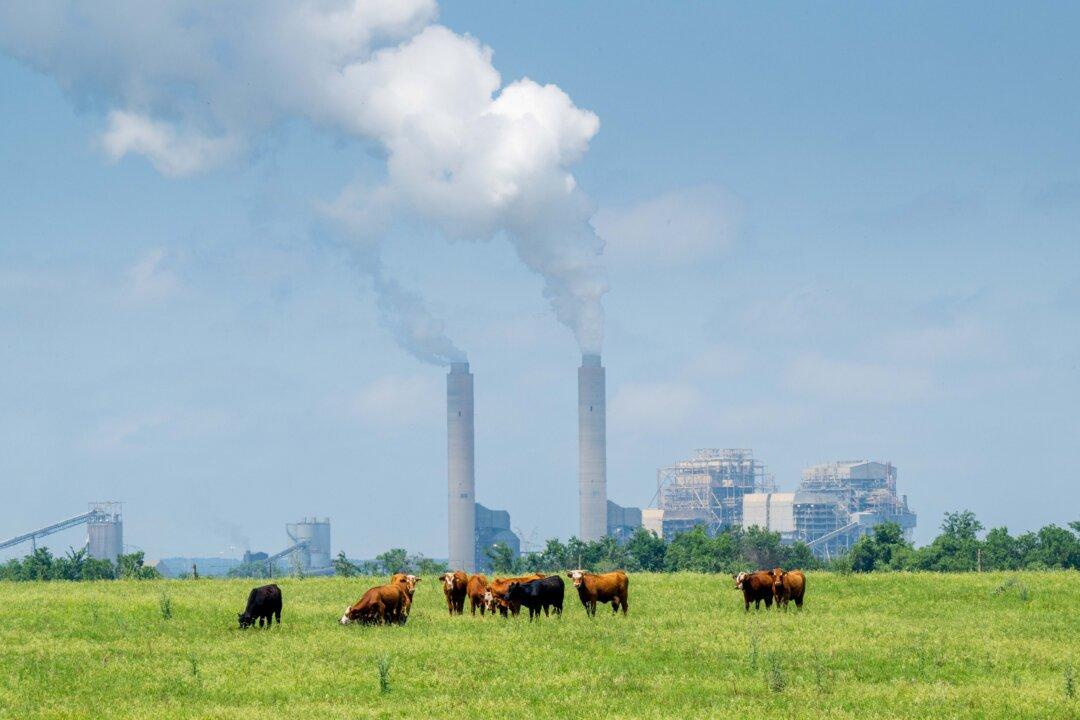Commentary
One of the most important issues of our time is the choice between capitalism and socialism. The cluelessness of millions of Americans about this topic is appalling and frightening. It’s appalling because the evidence that socialism leads to economic impoverishment is overwhelming. It’s frightening because if we take the socialist path, the results will be as destructive here as they have been wherever socialism has been tried.





